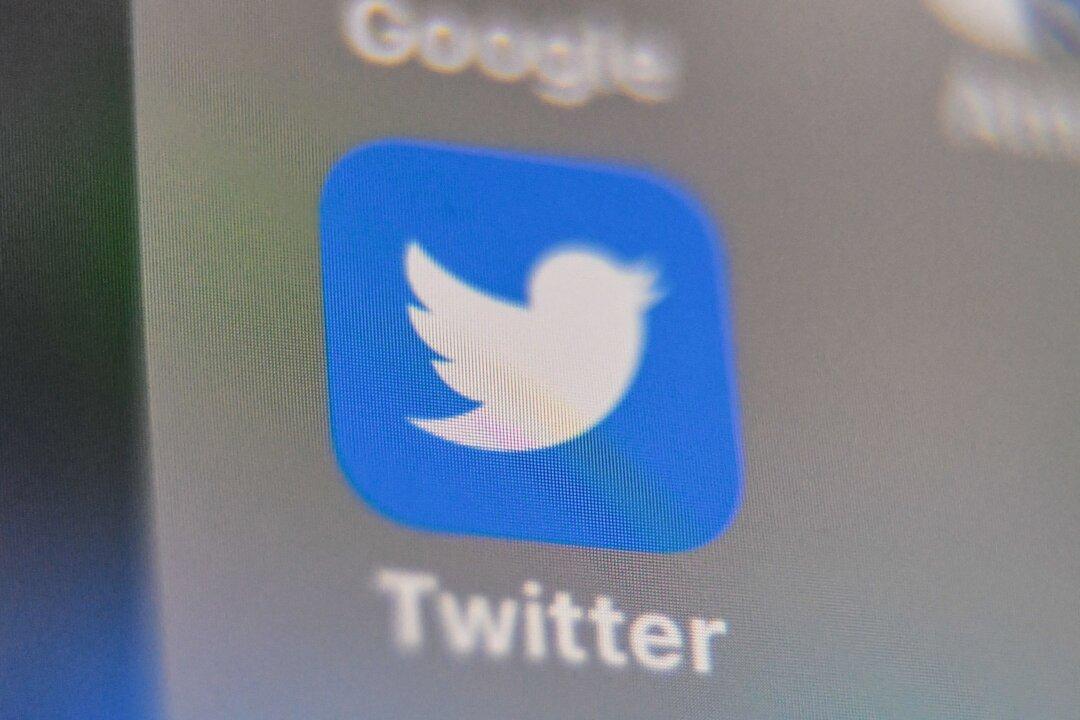A state-funded group got thousands of ordinary American users of Twitter flagged and banned as spreaders of “foreign” disinformation, according to the latest installment of “Twitter Files” released on Thursday by independent journalist Matt Taibbi.
The flawed “anti-disinformation” blacklist campaign was led by the Global Engagement Center (GEC), a lesser-known unit within the State Department. Established in 2017 as a part of the Obama administration’s shift in national security strategy, GEC is tasked to work with government agencies like the FBI, Department of Homeland Security, National Security Agency, CIA, and Defense Advanced Research Projects Agency to “counter the messaging and diminish the influence of international terrorist organizations.”





